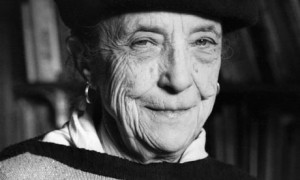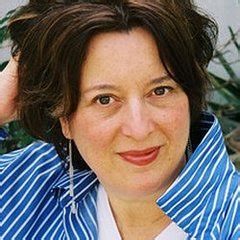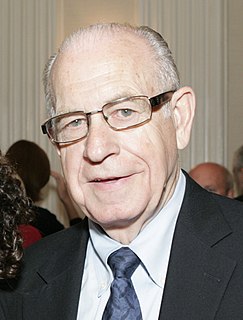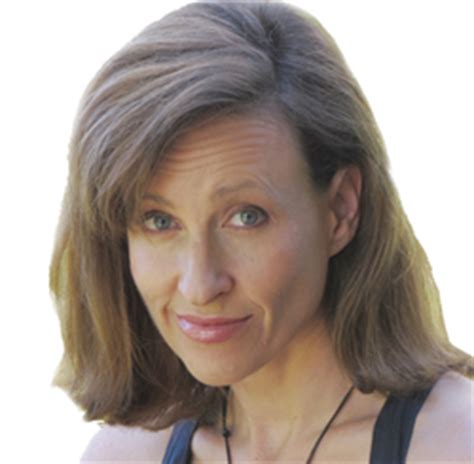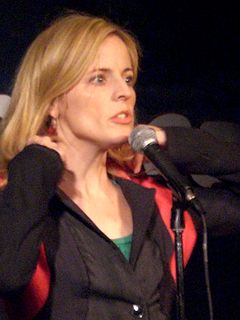A Quote by Louise Bourgeois
At the dinner table when I was very little, I would hear people bickering... To escape the bickering, I started modelling the soft bread with my fingers. With the dough of the French bread %u2013 sometimes it was still warm %u2013 I would make little figures. And I would line them up on the table and this was really my first sculpture.
Related Quotes
I have very vivid memories of being a young child. My mother would create dinner as for us, and when she would bake, she would leave some dough for me. I would roll the dough into little sticks while she was cooking the apple tart of whatever. I was looking through the window of the oven and flipping the light, and then my bread would come out, and it was inedible, of course.
I would go with my husband to the tailors where he gets his shirts made, and I would watch the bespoke process. I would ask them, "Would you be able to make that for me?" And they would always say, "Well, yes, but no." They were very French about it. I decided I would just do it for myself. And I started doing that. Then other people would notice, and want it. So I started doing things for friends, little pieces, and my own line grew that way.
A careful blending of sarcasm, irony, and teasing, bickering has its own distinctive cadence and rhythm and is as difficult to master as French, Spanish, or any elective second language. Like Chinese, the fine points of bickering can be discerned in the subtle rise and fall of the voice. If not practiced properly, bickering can be mistaken for its less sophisticated counterpart: whining.
I have this table in my new house. They put this table in without asking. It was some weird nouveau riche marble table, and I hated it. But it was literally so heavy that it took a crane to move it. We would try to set up different things around it, but it never really worked. I realized that table was my ego. No matter what you put around it, under it, no matter who photographed it, the douchebaggery would always come through.
It was actually books that started to make those pockets of freedom, which I hadn't otherwise experienced. I do see them as talismans, as sacred objects. I see them as something that will protect me, I suppose, that will save me from things that I feel are threatening. I still think that; it doesn't change. It doesn't change, having money, being successful. So from the very first, if I was hurt in some way, then I would take a book -- which was very difficult for me to buy when I was little -- and I would go up into the hills, and that is how I would assuage my hurt.
Toast is bread made delicious and useful. Un-toasted bread is okay for children's sandwiches and sopping up barbecue sauce, but for pretty much all other uses, toast is better than bread. An exception is when the bread is fresh from the oven, piping hot, with butter melting all over it. Then it's fantastic, but I would argue that bread fresh out of the oven is a kind of toast. Because I'm an asshole and I refuse to be wrong about something.
